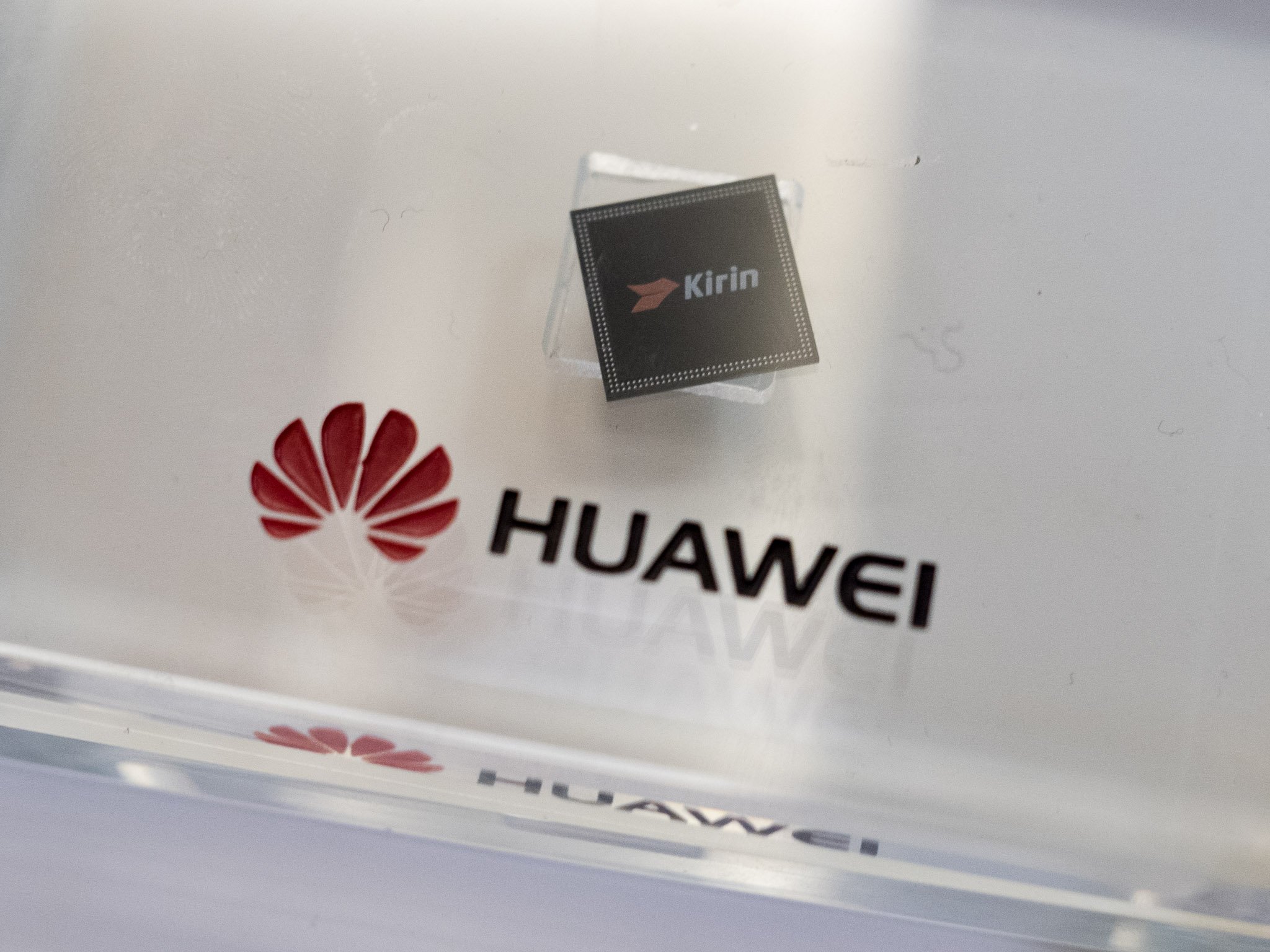If Huawei is forced to stop building chips, the entire industry suffers

You probably have a phone with a Qualcomm chip inside of it, and chances are if it's a premium model, you are pleased with the performance. That's because Qualcomm makes a very good mobile chipset, and the Snapdragon's combination of a great CPU, a fantastic mobile GPU, and a complete package for all the radios and communication is very tough to beat.
Part of the reason why is because Qualcomm knows that it has two other companies that would very much like to be where it is right now — or at least it used to. Samsung has decided to stop building custom Exynos CPU cores and is going to try something different for the foreseeable future. That leaves only one other player on the field, and the referees — in the form of U.S. government sanctions — look to be sending it to the locker room as Huawei may be forced to stop manufacturing its HiSilicon Kirin-branded chipsets.
Competition is what gave us the flagship phones we have today.
The mobile industry will survive this scenario, and chances are nobody buying a high-end $1,000+ phone will think its Qualcomm chip is a slouch. But that doesn't mean it's a good thing by any measure. Part of the reasoning behind this statement is how competition drives every industry, and making companies work hard for our dollars is a consumer win.
Qualcomm would still have competition, but not really when it comes to high-end, custom-fabricated, 5G-capable devices. MediaTek may make a great budget chip, but it's no competition for Qualcomm's Snapdragon 800 series. Or its 700 series for that matter.
Samsung will still build Exynos processors for phones and other devices, but a stock ARM core configuration and off the shelf Mali GPU isn't going to compare with Qualcomm's billions of dollars in R&D (and the devices will show it). Nobody is sure exactly what Samsung plans to do with its new AMD partnership, but it's going to take a few years to get dialed in. These are places where Huawei's HiSilcon chips shine.
More: Users are petitioning Samsung to stop using Exynos processors in its phones
Huawei makes a chip that does rival the Snapdragon high-end. Custom core configurations and a GPU, complete with a very comprehensive AI co-processor arrangement, means phones from Huawei match or beat flagship devices from every other manufacturer. This is no accident, as Huawei is more than willing to spend the money and time to build the best chip it can.
Get the latest news from Android Central, your trusted companion in the world of Android
But this isn't the only reason why a Qualcomm monopoly in the flagship phone department is bad for the industry. Qualcomm makes very good equipment but has a track record of questionable ethics. 2019's lawsuits against and from Apple publicized this, but it wasn't anything new — Qualcomm used its position as leverage to get manufacturers to buy its Snapdragon chips.
Competition aside, there are also some unethical ghosts in Qualcomm's recent past.
It sounds innocent on paper — Qualcomm holds the patents needed for a phone to work well with North America's telecom networks. It is willing to license those patents, but by the time those fees are paid, it would have been cheaper to just use a Snapdragon and its integrated radio solutions in the first place.
This does two very bad things — raises prices on the phones themselves and can drive companies out of the industry altogether. Nvidia builds the Sheild TV and has supported the product far longer than even Google supports its own Android devices. The reason we never saw an Nvidia phone was because Qualcomm priced the company out. That sucks.
The NVIDIA Shield TV is still one of the best Android devices you can buy
We probably would have never seen any devices using a Kirin chip in the west, but to see a company that innovates so much and so hard only to be driven out of business because fabrication would be illegal under U.S. trade law stinks. It's bad for everyone and we deserve better.

Jerry is an amateur woodworker and struggling shade tree mechanic. There's nothing he can't take apart, but many things he can't reassemble. You'll find him writing and speaking his loud opinion on Android Central and occasionally on Threads.

